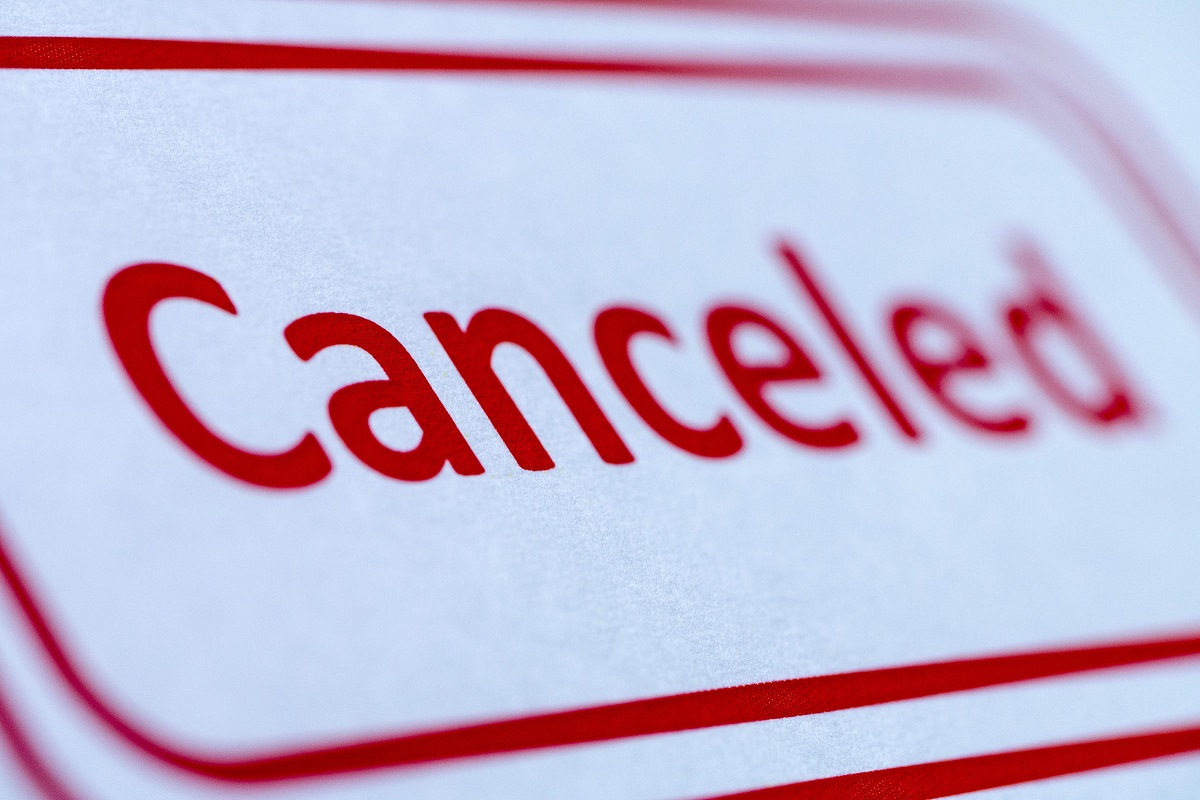“We all have the same 24 hours in a day.” Sound familiar? These are the words that caused a rapid fall from grace for influencer and PrettyLittleThing creative director, Molly-Mae Hauge. A failed attempt at a girlboss-esq mantra that inspired comments calling her “uneducated,” “tone deaf,” and, ultimately, a Thatcherite. Of course, we do not all have the same 24 hours in a day: many of us must work minimum wage jobs, care for family, cook our own meals, and a host of other things that mean we are not able to spend our time equally. While her comment could’ve been interpreted as motivational, if a little naïve, the internet was unanimous in sharing its disgust. Twitter was flooded with comparisons of “Molly-Mae’s 24hrs versus my 24 hours,” reminders of the accusations of underpaid PrettyLittleThing workers, and cries to “cancel” Molly-Mae. But what does “cancelling” a celebrity mean in 2022?
The Student conducted an anonymous survey asking participants their views on “Cancel Culture.” Their feelings were pretty divided, not only on whether “Cancel Culture” has positive effects, but whether it exists at all. 89% of people felt they had witnessed “Cancel Culture,” while 69% had participated in it. Despite this, when asked if “cancelling” a public figure produces a positive societal effect, only 40% said it did. So, what are the aims of “cancelling” someone if it might not have a positive effect?
“Canceling” first appeared in Black queer communities on Twitter, using the platform to reject problematic public figures. In the face of highly influential and dominating figures, followers could be empowered to withdraw their support. Since then, the idea of “cancelling” a celebrity has spread. It has developed into not only removing support, but actively calling people out, making it possible to place a more equal footing on a previously unequal distribution of power, and encouraging those with a platform to think twice about what they’re saying.
However, many believe it’s gone too far, that “cancelling” closes down dialogue. A third of survey respondents felt that “Cancel Culture” limits discussion of social issues, although more felt that it promoted discussion – one respondent notes that “freedom of expression isn’t Cancel Culture. No one is entitled to a platform or immune to criticism.” However 85% felt that “cancel culture” has the power to go too far, prompting the question: are we in danger of fostering a culture that silences conversation?
Critics of “Cancel Culture” often point out that the effects of attempting to withdraw support for a public figure on mass don’t last – if they have any effect at all. In 2020, J.K Rowling’s transphobic views caused anger and calls to boycott the Harry Potter franchise. However, Harry Potter book sales subsequently increased. Since then she has gone on to write again and received outstanding reviews – leaving many wondering what it was all for.
But often, it’s not about leaving celebrities high and dry, it’s about accountability. Actor LeVar Burton recently proposed that “Cancel Culture” is misnamed: it should be called “Consequence Culture.” Over half of respondents felt that the moral responsibility lies with the public figure, however a quarter felt it also lies with the “follower.” Is it possible that “Consequence Culture” is a part of the freedom of speech ecosystem? While the public figure must take care of what they say – their followers take responsibility for holding them to account.
Some advocate that “Cancel Culture” doesn’t exist; it’s a phrase that is used to provoke anti-woke sentiment and a key player in the culture wars – often accused of a distraction from core issues. It’s also possible demonising “Cancel Culture” may weaken voices of marginalised people who have limited power elsewhere.
While it’s true that a “Culture” can seem an overstatement if “Cancelling” equates holding those with platforms to account, there are risks of silencing discussion or having disproportionate reactions. Molly-Mae wasn’t the first, nor the last to be “Cancelled,” and it did result in her releasing an apology – although not accepted by some, perhaps it prompted a conversation that wouldn’t have otherwise happened. The question we must ask ourselves is with what purpose do we choose to use our voices, and how can we ensure that all are heard and respected?
Image via Thinking Poker

